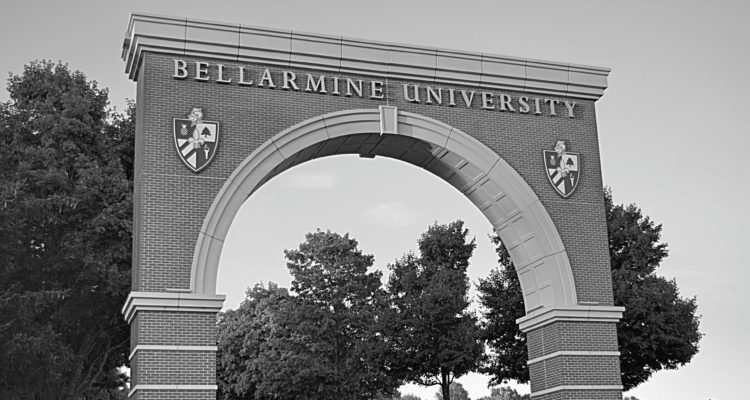By: Katie Vulich
Ten years ago, the idea of completing a degree without stepping foot on a campus was novel. But today Bellarmine offers many online classes.
A majority of the online classes are supplemented with a few in-class meetings throughout the semester, and these classes are often called “hybrids.”
Three weeks into the semester, health science physics was without a professor.
“We had one real class before the professor walked into class and told us he quit,” senior Lexie Gray said.
Before Dr. Mohamed Hamada quit, he chronically cancelled the classes the morning they were to meet.
For Gray and sophomore Emily Rosener, the class conflicted with swim practice. Because academics take priority, the pair woke up at 5 a.m. to complete their workouts before the rest of the team showed up for practice.
“In the beginning it was frustrating because I had to get up super early for practice since the class was at 8 a.m.,” Rosener said. “Then, we would get an email about class being cancelled, which meant we woke up early for nothing and could have practiced with the team.”
The class is a graduation requirement for many of the health science majors and approximately two-thirds of the enrolled students are graduating seniors.
“It is the last class I needed to graduate,” senior Sarah Good said.
The students and staff immediately went into panic mode.
“[Administration] emailed us immediately after he quit and that same day, they had a quick meeting in one of our recitation labs.
“At other universities, they would have just cancelled the class and said ‘tough luck,’” Good said.
Dr. Bill Fenton, the dean of the College of Arts and Sciences; Dr. Laura Hartford and Dr. Mary Huff, the associate deans of the College of Arts and Sciences; Andrew Schroeder, associate dean of academic advising in the Student Success Center; Dr. Sara Mahoney, exercise science department chair, and Dr. Christy Kane, the department chair and program director for the respiratory therapy program and Dr. Amanda Krzysiak had three priorities:
- Assemble an instructional team to give quality education and support;
- Make arrangements to provide students with additional instructional time so that they received the full educational experience for the course workload;
- Provide a positive educational experience following this very unfortunate circumstance.
“We were fortunate to find a highly qualified instructor in Dr. Dickerson Moreno among our current faculty,” Krzysiak said.
In his first semester as a part time professor at Bellarmine, Moreno stepped up to the plate to teach an online class.
“I have a full-time job in the [physics] industry and teach on the side,” Moreno said.
Because the class was 7.5 hours behind, the administration made the decision to change the format of the class to online. This way, the class would fit into Moreno’s already packed schedule and the students had the opportunity to learn all of the content.
Adam Elias, the director of innovative learning systems, asked Moreno to put all of his content on Moodle.
“[Moreno] has taught online classes at other institutions but had never used Moodle before,” Elias said.
Elias and his team put policies and procedures in place in late 2016 for instances just like this one. Although the university would have preferred to retain the in-class format of the class, the situation forced them to move to the online format.
The students receive two lectures set up through PowerPoint with Moreno’s voice and a set of homework questions due on Saturday at midnight.
“At first it was very hard because none of us had any prior knowledge of physics or hadn’t had it since high school, and I don’t think they understood that,” Gray said.
Moreno admitted that he was not entirely sure how to teach the class at first, but he had a game plan.
“I didn’t know what their mathematics background was. I didn’t know if they had any previous knowledge,” Moreno said. “The first quiz was to test the waters. I had to adjust the level of technical detail or level which is understandable.”
There are mixed reviews from the students on the format change.
“He is really good about emailing, but it is really hard to email him questions because it is hard to explain what you are trying to ask,” Good said.
For the swimmers, the format change was an added bonus.
“It is nice to have the online format because I can do it on my own time but when I get stuck on a problem I can’t immediately turn to a professor to ask my question,” Rosener said.
If the students felt the format change was not a good alternative, they were given leeway when it came to dropping the class.
“There were no drops after the format change,” Schroeder said. “Exceptions would have been made for any withdrawls.”
Krysiak said: “At Bellarmine, the education of our students is our highest priority, so aside from my teaching responsibilities, finding a resolution to this urgent matter was my sole focus.
“I am so grateful to the students for their understanding, flexibility, and positive attitude as we navigated this difficult time.”

